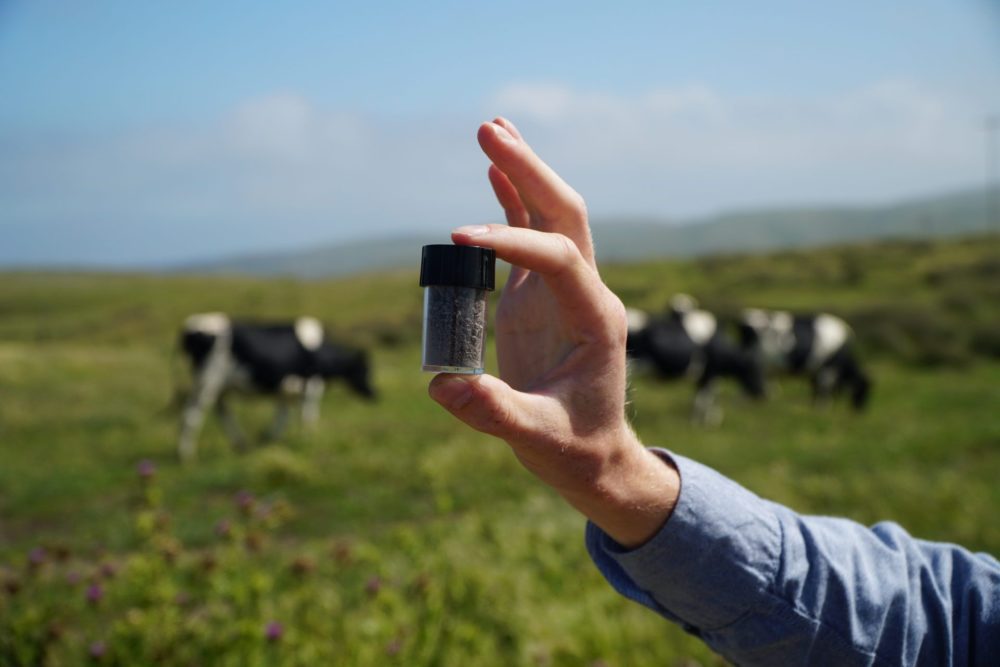Whether due to its sustainability credentials or its ability to regulate methane emissions, algae is often heralded as a way of mitigating the environmental impacts of cattle farming by using it in feed.
Sweden’s Volta Greentech believes that it has cracked the seaweed supplement question thanks to a special variety of the green stuff.
“The specific strain that we’re using has never been commercially produced before. Now the science is there and a lot of animal-based trials from around the world have shown that it works,” CEO and co-founder Fredrik Åkerman tells AFN.
Volta Greentech licenses its technology from Australia’s national R&D agency, CSIRO, which has shown that macroalgae in the Asparagopsis genus is effective in reducing cattle methane emissions by as much as 80% when incorporated into the animals’ feed.
The Stockholm-based startup recently announced the close of a €1.7 million ($2.07 million) seed round led by independent investors Peter Carlsson and Nordnet Bank founder Claes Dinkelspiel.
The funding will be used to construct a pilot facility for land-based, indoor production of seaweed on Sweden’s west coast in preparation for the commercial launch of its supplement, Volta Seafeed, later this year.
CSIRO, Woolworths unveil FutureFeed – a seaweed supplement that cuts cow methane by 80%. Read the AFN exclusive here
Volta’s ultimate goal is to build the “world’s largest algae factory,” with the hope of supplying enough seaweed to consumer-facing partners to eliminate a significant portion of methane emissions from Swedish cattle.
“For us, we know that the biggest bottleneck in this project is on the production,” Åkerman says.
“We would rather focus on producing seaweed than on becoming the next [big] brand. It’s very far away from what we are good at.”
So far, Volta has seen the biggest interest from beef and dairy companies that would potentially use the supplement in their supply chains, allowing them to market their products as ‘low carbon,’ he adds.
Although it has the science to back up the efficacy of its product, education will be an important hurdle for Volta Greentech to clear as it prepares for commercial launch, Åkerman says. This involves conducting pilots to validate the product and help farmers understand its benefits.
Reaching consumers will also help drive demand for the product.
“When you go to the store in the future and you see beef or milk thats [emissions footprint is] massively reduced, we want consumers to choose that product instead of others. There will [need to] be a lot of marketing around that as well to help consumers make that active choice.”





